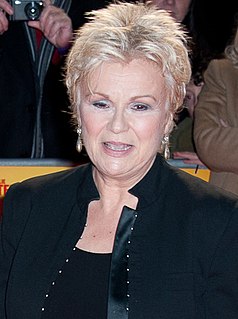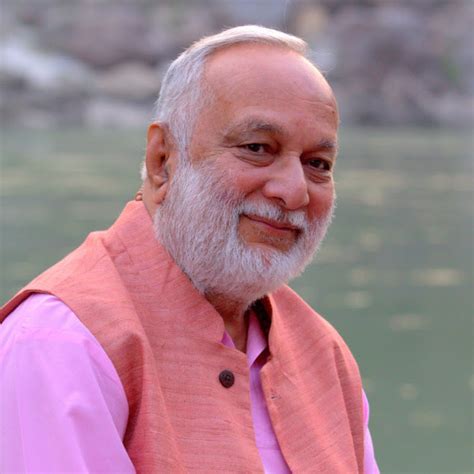A Quote by Edward Zwick
I met a lot of women in the military with Meg Ryan, and they were remarkably impressive: Competent and strong and not versions of men, but versions of women. And they had stories to tell about how difficult it had been for them.
Related Quotes
Long before I became a feminist in any explicit way, I had turned from writing love stories about women in which women were losers, and adventure stories about men in which the men were winners, to writing adventure stories about a woman in which the woman won. It was one of the hardest things I ever did in my life.
Back in the days when men were hunters and chest beaters and women spent their whole lives worrying about pregnancy or dying in childbirth, they often had to be taken against their will. Men complained that women were cold, unresponsive, frigid... They wanted their women wanton. They wanted their women wild. Now women were finally learning to be wanton and wild - and what happened? The men wilted.
We need more female directors, we also need men to step up and identify with female characters and stories about women. We don't want to create a ghetto where women have to do movies about women. To assume stories about women need to be told by a woman isn't necessarily true, just as stories about men don't need a male director.
I don't think that there's a target audience at all. These stories were in circulation. The stories were told by men, told in the marketplace by men, but also behind doors by women, but there's no real record of this. It's likely they were told by women to children in their interior rooms. The story could be a negative story, they could be presented as a, "Watch out! Women will get round you, do things to you, weave you in their toils." It could be buried in it an old cautionary story about women and their wiles.
Osho used me and Shunyo (my girlfriend at the time) as an example of how he envisioned men and women should relate. He shared a story he had often told in discourse of a man and woman who lived at opposite ends of a lake. They were deeply in love but only met by chance when sometimes out rowing on the water. He said it was beautiful how Shunyo and I met like this couple. When we had the feeling to be together, we would meet and enjoy. And when we were apart, we were also happy and content in our aloneness.






































